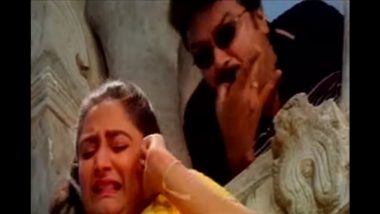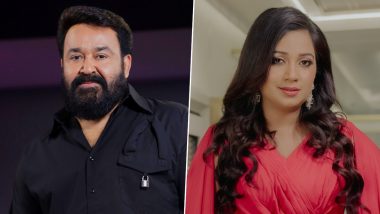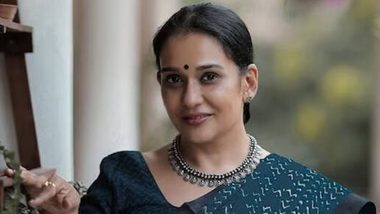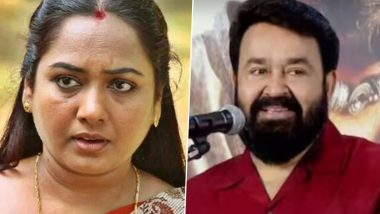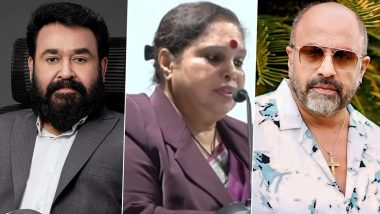There’s trouble brewing within AMMA (Association of Malayalam Movie Artists) after it took back into its fold, one of its most controversial sons, Dileep, who is currently out on bail after being named as an accused in the sexual assault of an actress in 2017. Fourteen actresses, including the victim, have already quit and several others are questioning the association’s move to give a rape accused the benefit of the doubt when the case is sub judice.
For an outsider who has a rosy picture of the highly literate Kerala, such a piece of news may come as a shock. It's hard to stifle a guffaw when someone asks, "But isn't Kerala a matriarchal state?" Kerala has many tags: liberal, literate and matriarchal. Each of them is a mere fig leaf to conceal its long history of toxic masculinity and misogyny. And the most powerful agent that drives the twain is its movie industry.
Casual Rape Threats in Movies
It's common for heroes to make rape threats to their love interests in the beginning stages of their romance. Mammootty has done it in Kasaba (2015), Dileep in Meesha Madhavan (2002) and even the recently woke Prithviraj was guilty of it in Chocolates (2007). These threats were often made to heroine to silence her, using rape as a punchline. If you wield a penis, you already won the argument. Here's the infamous scene from Kasaba, which was widely criticised:
A dialogue that deserves an honorary mention is by actor Prem Kumar from the 1997 movie Hitler Brothers where the heroine (who will eventually become his love interest) tries to intimidate him with a bunch of goons. She calls one of the goons "eye specialist" because he can gouge out eyes and another "bone specialist" because he can break bones and so on! Prem Kumar responds by calling himself a "child specialist" because -- you guessed it -- he can make her bear a child in nine months. He walks off Rajni-style with the crowd applauding and congratulating him. And that's just one example.
Modern Women Are Evil
Nothing threatens Mallu masculinity like English-speaking "modern" women who wear jeans. One of the most prevalent tropes in Malayalam movies is insulting westernised women and playing them for laughs. They are almost always portrayed as evil, conniving characters, with loose sexual morals. Such characters are also pitted against the more demure village-belle characters, especially for the heroes' love. In the end, the hero always chooses the simple village belle for her virtues.
In a 1999 movie Njangal Santhustharanu, the hero played by Jayaram marries one such modern woman (Abhirami) who is a spoilt brat. There's a song sequence in the movie where the hero rebukes his wife, linking her western attire to her lack of shame.
Women Should Be Chaste
Ironically, in Malayalam movies, while male characters are lionised for making rape threats, female characters are made to feel like dirt if they survived rape. The language used to describe rape victims range from pity to disgust. In Ayal Katha Ezuthukayaanu, the character played by actress Nandini sabotages her marriage to Mohanlal. Earlier in the storyline, she believed that she was "made impure" by her cousin who, according to her, had sex with her when she was unconscious. To save an innocent man from unknowingly marrying a non-virgin, Nandini's character altruistically steps back.
There are many other instances where female characters would commit suicide after being raped or romantically rejected after having consensual sex. Female chastity is so important to Malayalam cinema that the only way to redeem a "fallen" woman is to kill her in the storyline.
Outspoken Feminist Women Are Evil
It's not easy being an outspoken woman in Kerala. Ask television personality Ranjini Haridas and actress Parvathy who have been at the receiving end of hateful barbs from the public. This is because Malayalam cinema has fostered a culture of portraying bold women badly. Feminists are portrayed as superficial women whose raison d'etre is to break up happily married couples. Almost all of them are portrayed as vain, controlling women who have wimps for husbands.
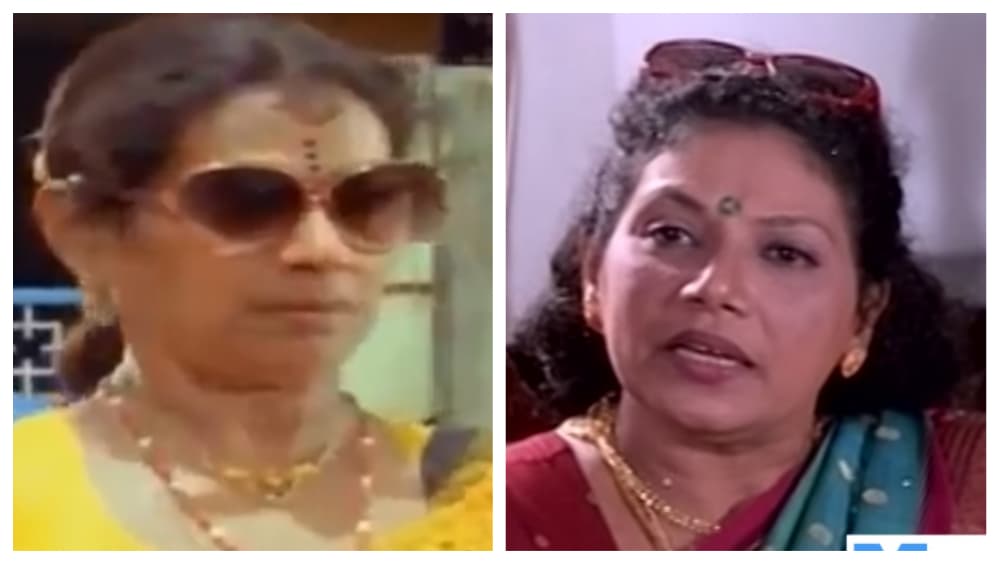
One particularly offensive example that stuck with me was a 1995 screwball comedy Minnaminuginum Minnukettu where a woman marries an old college acquaintance to avenge her humiliation at his hands during younger days. The man, played by Jayaram, tricks Shobana's character into marrying his friend during their college years, "ruining" her life. She meets him years later and agrees to an arranged marriage with her old bete noir so that she can make his life a living hell. In the end, she is chastised for being too vengeful and is reprimanded for making a mockery of married life. She even apologises to her husband, who "benevolently" accepts her apology.
Women as Second Fiddle
In most Malayalam movies, the characters wax eloquently about the virtues of the good wife. She exists solely to lend emotional support to the male protagonist. If she fails, she will be demonised a la Mithunam. Else she will be extolled. A song in a 1986 movie, appropriately titled Bharya (Wife) sums it up: "Karyathil Manthriyum, Karmathil Dasiyum, Roopathil Lakshmiyum Bharya" Which means: "In her dealings, she is a minister; in deeds a servant (daasi); and in appearance, a Lakshmi; that's a wife."
These wives are a projection of what an average entitled Malayali man expects from a wife: able, subservient and easy on the eyes. Note that no such checklist exists for a perfect husband though. They are supposed to grin and bear, and lend unconditional support to their spouse.
Despite the advent of the New-Generation Malayalam films in 2011, which saw the rise of actors with modern sensibilities like Nivin Pauly, Dulquer Salman and Fahad Fazil, regional cinema is still under the stronghold of the superstars, the unholy triumvirate of Mohanlal, Mammootty and Dileep and their hypermasculine fan clubs. Their attacks against the WCC members (Parvathy in particular) or any outspoken female actress is legendary.
In its long history of exploiting women, the most notable is the case of actress Vijayashree of the yesteryears. All of 21, she committed suicide after film director Kunchako reportedly blackmailed her using discarded footage from a film where she was accidentally disrobed.
Malayalam film industry has traditionally been biased against its female members. And this is probably why AMMA's decision to take Dileep back doesn't come as a shock to those who are privy to it. But it's a difficult time for any sensible Keralite who takes immense pride in the rich cinematic legacy of the state. For most of us, Malayalam movies with its slice-of-life realism had set the bar too high, making us immune to the Bollywood glitz forever.
Even the name Mollywood is a great disservice to the industry, which has produced stalwarts like Adoor Gopalakrishnan, Padmarajan, Yeshudas, Chitra, Shobana and Mohanlal. But while the Janus-faced Mollywood looks towards cinematic excellence on one side, it stares at its long chequered history as a misogynistic industry on the other.
(The above story first appeared on LatestLY on Jul 03, 2018 06:19 PM IST. For more news and updates on politics, world, sports, entertainment and lifestyle, log on to our website latestly.com).



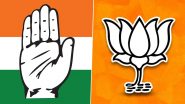









 Quickly
Quickly








